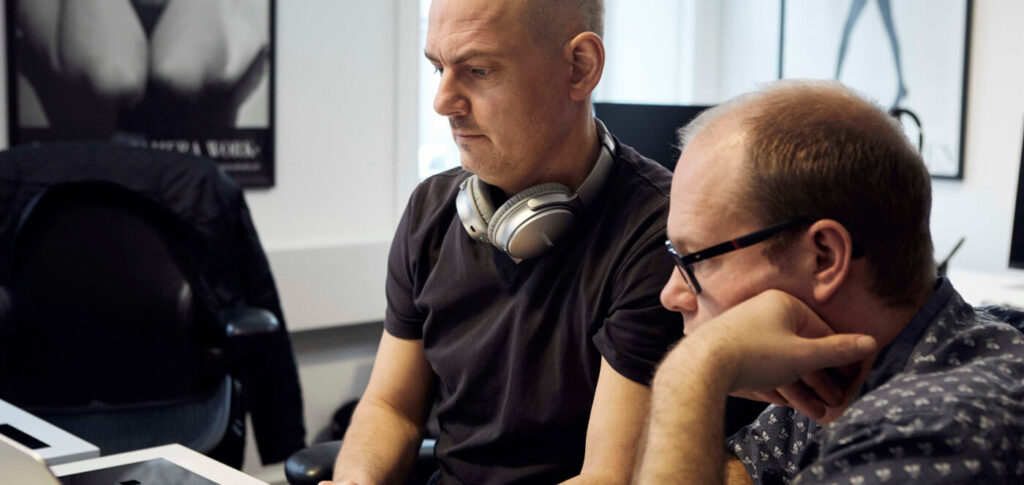What is mobile search?
A mobile search is an internet search made from a mobile device (a smartphone or tablet).
The mobile revolution is in full swing! Everyone is walking around with more computing power in their pocket than most people had on their desktop just five years ago. And more than half of Google's over 100 billion monthly searches are now made from mobile devices (excluding tablets) according to Amit Singhalwho until February 26, 2016 was employed as head of Google's search service.
This may sound like great news for Google, whose popular and free Android mobile operating system has contributed to a significant increase in mobile consumption - but mobile trends are creating a number of challenges for Google, which you can read more about below.
Fewer searches on mobile devices
Journalist Charles Arthur has through statistical calculations found that desktop users make an average of 1.23 Google searches per day, whereas mobile users only make an average of 0.925 Google searches per day. The difference may sound small, but when you multiply that by billions of unique users, it adds up to a pretty significant difference for Google.
The difference is mainly due to the fact that mobile users are more likely to use apps than websites. On desktop computers, Google is the gateway to the entire internet, but on mobile devices, apps are the primary gateway. The top search terms in 2015 included "Facebook", "Gmail", "Yahoo" and "Agar.io", and all of these highly popular search terms are missed by Google on mobile devices because users simply go directly to the app instead.
Voice-guided assistants replace traditional search
Mobile devices are cumbersome and time-consuming to type text on, leading users to increasingly rely on voice-controlled assistants like Apple's Siri and Microsoft's Cortanawhen they need to find information. For Google, this means a decrease in the number of searches because both Siri and Cortana is based on Microsoft's search engine Bing.
In response, Google has launched Google NowHowever, this solution also presents a major challenge: visual ads have little impact when users are searching and being presented with information through spoken speech. Users no longer have the same need to be able to see the screen, which is a major stumbling block for Google, which makes a living from serving ads.
Less space for ads
The screen size of mobile devices also has a big impact. The smaller the screen, the less space there is to display ads and the harder it is for Google to make money. Google has tried to solve the challenge by making ads a more integral part of the search results, but Google has nevertheless felt compelled to cut down on the number of ads in the mobile version of their search service.
As if Google doesn't have enough challenges, it is now possible to block ads (including Google ads) in a number of popular mobile browsers. Most recently, telecom company 3 announced that they will be the first telecom company in Europe to offer adblocking services that allow their customers to remove irrelevant and excessive ads.
A look into the future
The challenge for Google is that the number of mobile users is increasing significantly, mobile users make fewer searches than desktop users and there is limited space to display ads on mobile devices. Google's response is a range of new services and products such as Google Nowthat replaces or complements their traditional search service.
From this perspective, Google's recent corporate restructuring, where Google is now a subsidiary of parent company Alphabet, makes sense. Search is no longer Google's (Alphabet's) only business and Google is now trying to create a lot of new services and products (you've probably already heard about Google's self-driving cars) while still having profits from search to spend on product development.










